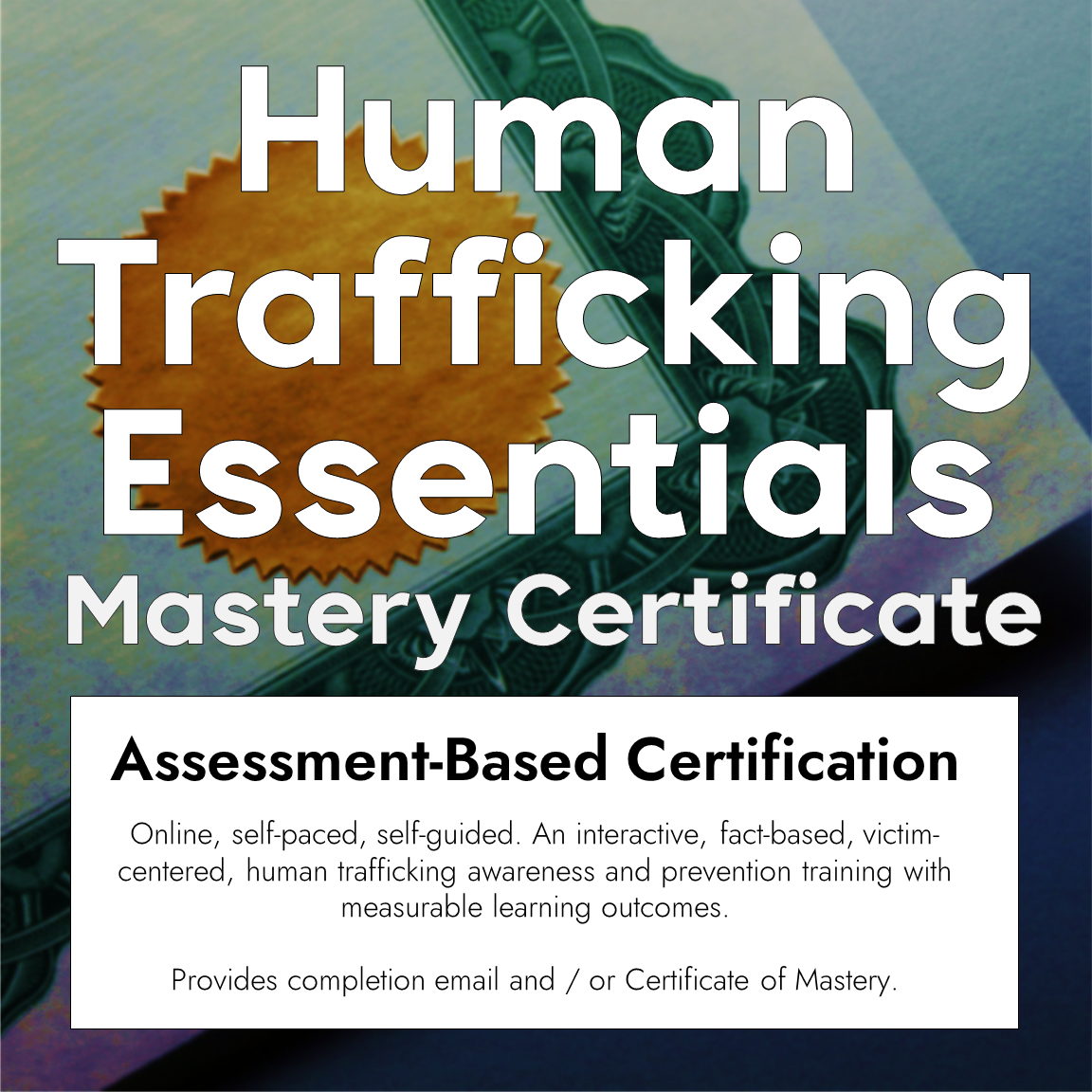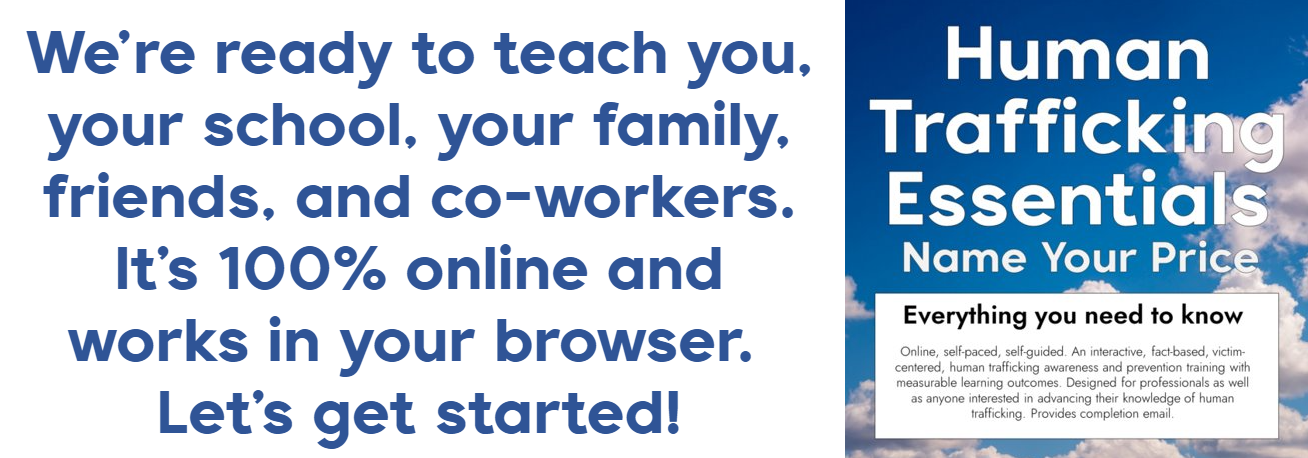FOX23 Investigates: Film about human trafficking brings controversy

TULSA, Okla. — The movie Sound of Freedom about human trafficking is surrounded by controversy and it's become politicized.
I went to go see the movie and I wanted to ask the co-founder of a local organization, the Demand Project, what she thinks.
Sound of Freedom is based on the real story of Tim Ballard, a former U.S. Department for Homeland Security agent. He runs dangerous sting operations to rescue a young brother and sister from human trafficking in Colombia.
The controversy arose when critics said it portrays an inaccurate picture of human trafficking, and claimed the film has ties to the conspiracy group QAnon. The film's screenwriter and director have said publicly that's not true and called those allegations “heartbreaking.”
I wanted to ask Kristen Weis, co-founder of the Demand Project in Tulsa.
“I didn't see anything in the movie that showed any wavering from one side or the other,” Weis said. “It wasn't religious, it wasn't political. There was nothing in it except, ‘how do you help these children?'”
Weis actually worked with Ballard, the hero depicted in the movie. They were on a human trafficking council together. She said he talked about the case that's in the movie.
“For all of us, there's always that one case, that one scenario, that one story that grips your heart, and there's no way you can look back,” Weis explained. “He sent us a link to show us the story. So I had already seen the raw footage of what had happened. And it was so dynamic and inspiring and amazing.”
I asked her, when she saw the movie, what did she think of it?
“I was touched,” she answered. “I thought it was done so well for what happens overseas. It wasn't over glamorized. And it wasn't under done.”
Weis said it showed what happens overseas, but does trafficking look in the U.S.?
“It's so different,” Weis said. “We don't have people going around taking kids off the street the same way.”
Weis said here in the U.S., trafficking happens inside the home. The traffickers are often someone the child knows, even a family member. And they're communicating online, using apps.
“It's any app that has any ability to communicate back and forth between the person on the other side to your child,” she said. “They're just trolling online for kids.”
Earlier this year, I told you about the Demand Project. Kristin and her team rescue girls ages 12 to 15 from sex trafficking and they stay on campus to work on healing from their trauma.
I asked Weis how it's going.
“It's up and down,” she said. “The kids out there have such an opportunity, but they're pulled from absolute chaos into peace and structure.”
“They're learning a whole new way of life of being independent, not dependent on a bad guy,” she continued. “That's a hard thing to unravel when they've been taught everything unhealthy, and that they are a product and their bodies are what's for sale.”
Weis wishes Sound of Freedom had shown more about online exploitation, but she's thankful people are paying attention to the problem of human trafficking.
“We've been telling people about it, we've been warning people and we've been preventing, going out and giving prevention talks and trainings for all these years,” she said. “And it takes a movie to finally get people aware and awake to what's happening.”
I asked her if people should see the movie.
“Absolutely,” she answered. “I want people to go and get a perspective of what's happening so that they can start asking the questions of, well, what's happening here, and then I'll raise my hand and say, I'll tell you, and then I'll tell you how to get involved.”
Sound of Freedom is still showing at some local theaters and so far, it's grossed almost $200 million since it was released in July.
“Let's make this be a real movement,” Weis said. “Not a ‘it ends with me movement,' but ‘it starts with me movement.'”
This “Eyes on Trafficking” story is reprinted from its original online location.
Fair Use Notice: The PBJ Learning Knowledge Vault is dedicated to advancing understanding of various social justice issues, including human trafficking and related topics. Some of the material presented on this website may contain copyrighted material, the use of which has not always been specifically authorized by the copyright owner. We are making such material available in our efforts to promote education and awareness of these important issues. There is no other central database we are aware of, so we put this together for both historical and research purposes. Articles are categorized and tagged for ease of use. We believe that this constitutes a ‘fair use' of any such copyrighted material as provided for in section 107 of the US Copyright Law. In accordance with Title 17 U.S.C. Section 107, the material on this site is distributed without profit to those who have expressed a prior interest in receiving the included information for research and educational purposes. For more information on fair use, please visit: “17 U.S. Code § 107 – Limitations on exclusive rights” on Cornell Law School's Legal Information Institute.

ABOUT PBJ LEARNING
PBJ Learning is a leading provider of online human trafficking training, focusing on awareness and prevention education. Their interactive Human Trafficking Essentials online course is used worldwide to educate professionals and individuals how to recognize human trafficking and how to respond to potential victims. Learn on any web browser (even your mobile phone) at any time.
More stories like this can be found in your PBJ Learning Knowledge Vault.
EYES ON TRAFFICKING
This “Eyes on Trafficking” story is reprinted from its original online location.
ABOUT PBJ LEARNING
PBJ Learning is a leading provider of online human trafficking training, focusing on awareness and prevention education. Their interactive Human Trafficking Essentials online course is used worldwide to educate professionals and individuals how to recognize human trafficking and how to respond to potential victims. Learn on any web browser (even your mobile phone) at any time.
More stories like this can be found in your PBJ Learning Knowledge Vault.

